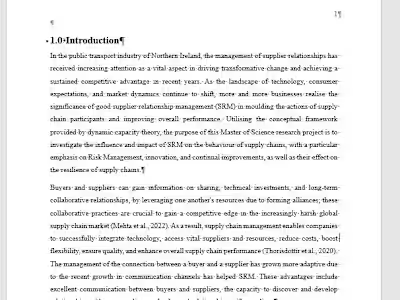Effects of restorative materials, colors, and surface finishing
This
scope of study investigates the factors responsible for obesity, such as
sedentary behaviour, physical activity, and unhealthy lifestyle, in a specific
demographic subgroup of women aged 22-40 in the UK. The study examines several
lifestyle factors that may affect the incidence of obesity in a particular age
group in women. The increase in the
availability of high-calorie, dense food choices that are either inexpensive or
perceived as so, together with decreased physical activity connected to work
and commuting, can lead to a consistent surplus of energy intake. Furthermore,
studies have demonstrated a correlation between surroundings characterised by
deprivation, disorder, or high crime rates and an increased likelihood of
obesity. Studies indicate that inadequate levels of regular physical exercise
are believed to impact ongoing obesity in 40-year-old women significantly (Chen et al., 2022). Hence, incorporating
physical activity among 40-year-old women has emerged as an essential component
within public health initiatives to prevent weight gain and facilitate weight
loss. Activities of moderate intensity are characterised by the expenditure of 6
times the amount of energy expended during sedentary behaviour (Carpenter et al., 2021). These societal
changes contribute to an imbalance in power, characterised by excessive calorie
consumption and insufficient calorie expenditure.
Like this project
Posted Mar 5, 2024
Investigating how different restorative materials, colors, and surface finishing techniques affect the scanning accuracy of an intraoral scanner.
Likes
0
Views
5



